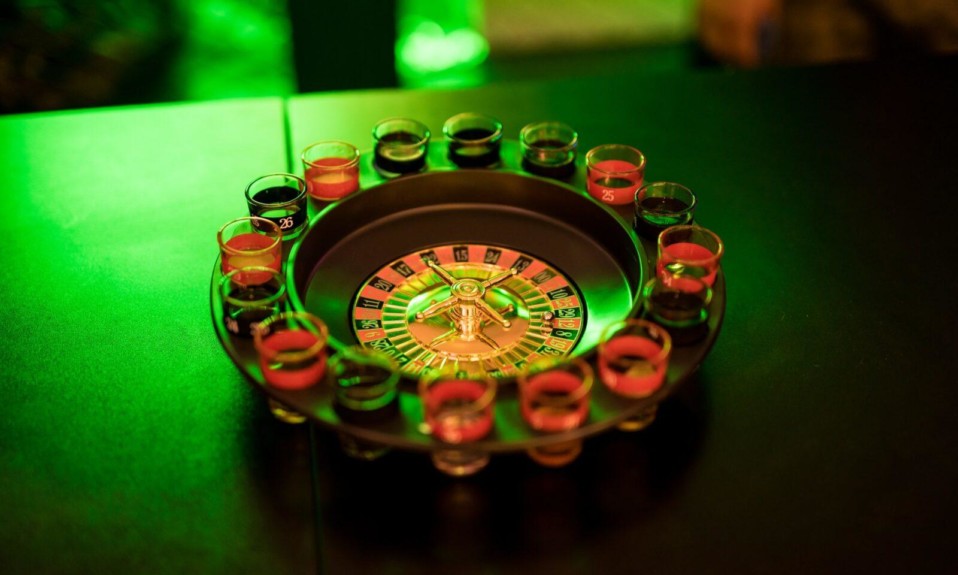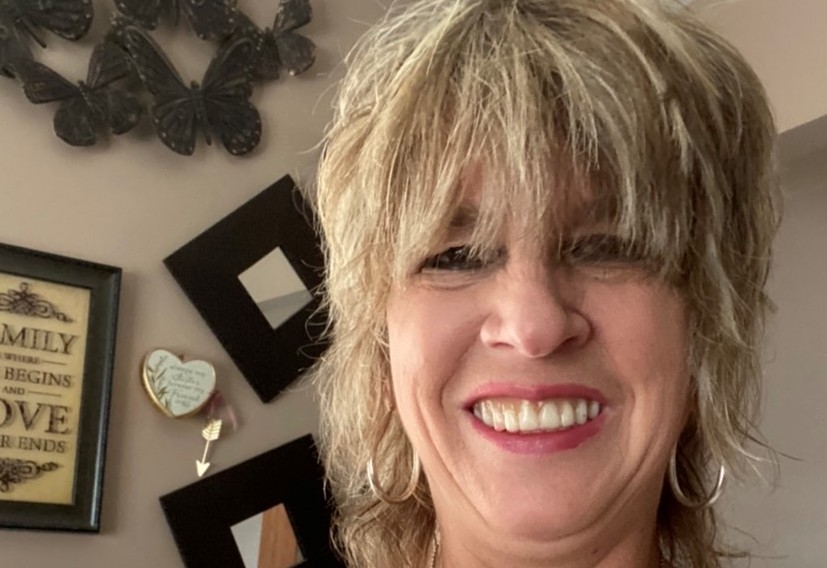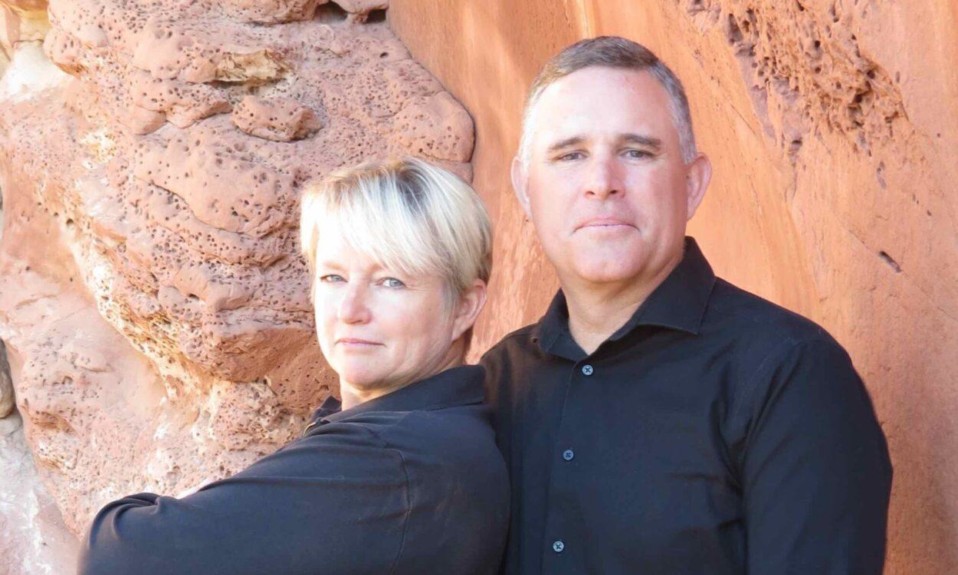The Illinois-based facility seeks to address the state’s rising gambling habits and treatment needs
By Jason Langendorf
November 19, 2020With more than 30,000 gambling machines across almost 7,000 locations in Illinois—both ranking as the highest figures of any state in the United States—a person with a gambling disorder in the Land of Lincoln is never far away from trouble.
Amid the rise of online gambling, and with Illinois’ recent legalization of sports betting, the state has arguably never been more in need of gambling addiction services. In response to that need, the Chicago-based Gateway Foundation is launching a pilot program to provide dedicated gambling treatment services to patients across Illinois.
The pandemic helped fuel this increase in online gambling because people are bored. …It used to be that you’d have to go to a casino. Now it’s very easy to engage with gambling, especially through online and mobile applications and sports betting.”—Teresa Garate, Ph.D., vice president of strategic partnerships and engagement, Gateway Foundation
Although Gateway had previously offered treatment to patients who were struggling with a gambling disorder, those services typically were provided in the course of treating other, co-occurring addictions such as alcohol or opioid use disorder.
“We’ve been doing it for a while,” says Teresa Garate, Ph.D., Gateway’s vice president of strategic partnerships and engagement, “but now we’re actually doing a full-blown assessment to determine if the people that are calling our call center have a standalone gambling disorder or also another kind of substance use disorder, so that we can offer them the best course of treatment to address all of their needs.”
In addition to updating its pre-screening process, Garate says, Gateway has retrained its call center employees and identified and trained key personnel to administer specialized gambling disorder treatment, both in person at on-site facilities and via telehealth services.
Illinois legalized video gambling in 2009, and since then the state has relaxed certain regulations that have led to a proliferation of gambling machines in bars, restaurants, gas stations and other venues. In March, online sports betting was made legal in Illinois, and according to US Betting Report, the state experienced a 166.7% increase in sports betting this summer—far higher than had been expected.
Gambling to “Feel Normal”
“The pandemic helped fuel this increase in online gambling,” says Garate, “because people are bored and are looking to do something that feels normal during this pandemic.
“If you think about all of the different venues for people to engage with gambling, it actually has increased significantly. It used to be that you’d have to go to a casino. Now it’s very easy to engage with gambling, especially through online and mobile applications and sports betting.”
Gateway’s gambling pilot program, which launched last week with its first virtual meeting, was made possible partially by a grant from the Illinois Department of Human Services’ Division of Substance Use Prevention and Recovery that was awarded in April. Garate says the grant was secured, in part, on the condition that the provider’s gambling addiction services would be accessible by patients anywhere in the state.
The timing is fortunate. With COVID-19 cases on the rise in Illinois, Governor J.B. Pritzker, whose pandemic-response policies have been more restrictive than those in many other states, is strongly urging residents to stay at home whenever possible.
“That, I think, is going to exacerbate the gambling issue even more,” Garate says. “One of the things that we’re seeing is people are home, they’re working from home, and so others aren’t seeing them, and there’s a lot more chance to gamble online.
“We had a person call for services, and she was very honest. She said, ‘When I went to work, at least I had some sort of checks and balances. But now I’m home all day. I’m working from home. I could be working and also gambling at the same time, and I’m coming back to my addiction.”
Photo: Carl Ibale













